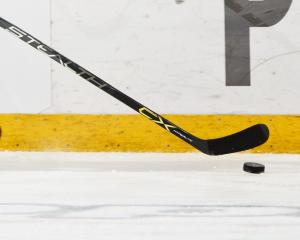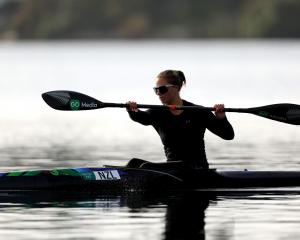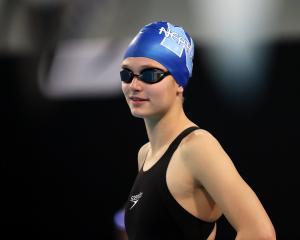
World Curling Federation competitions director Keith Wendorf said from Naseby this week that being an Olympic sport had increased the revenue of the International Curling Federation.
"We are entitled to a share of the broadcasting money that is given to the International Olympic Committee," he said.
"For the first time, the International Curling Federation had a pot of money that we have used to make the game better known, more popular and more professional."
The spin off from that was the hiring of Wendorf (58) as full-time director of competitions for the world curling federation six years ago.
Being an Olympic sport has also led more countries to adopt the sport. There are now 44 member associations of the World Curling Federation.
China, the defending men's and women's champion at the Pacific championships, joined the world federation after curling became an Olympic sport.
"China is a good example," Wendorf said.
"They now put a lot of time and money into their elite teams. National Olympic committees around the world saw that they had the opportunity to win Olympic medals and they started putting more money into their national programmes."
Curling was first played as a medal sport at the Winter Olympics in Nagano, Japan, in 1998.
It was a demonstration sport in 1992.
Curling remained part of the Olympic programme in Salt Lake City in 2002 and in Turin, Italy, in 2006, when New Zealand competed.
The next country to become a member of the World Curling Federation is Turkey, which will host the World University Games next year.
The annual world championships were first held in the 1960s, but only six countries have won the title: Canada, United States, Switzerland, Scotland, Norway and Sweden.
Canada, with 1.2 million curlers and 1200 clubs, has the most curlers in the world.
It is Wendorf's job to oversee all international events conducted by the World Curling Federation to make sure uniform procedures are followed.
The headquarters of the world federation are in Perth, Scotland.
Wendorf lives in France. He was born in Canada and managed a curling club in Germany for the Canadian Armed Forces for 17 years, becoming eligible to play for Germany.
He was an international curler from 1978 to 1985 and competed at seven world championships, winning a silver medal with the German team in 1983.
Wendorf was the national coach in Germany for eight years before working for the world curling federation. His wife, Susan, is an international umpire.
The Wendorf Rock, named in his honour, is a national teams competition that is contested annually in New Zealand.










